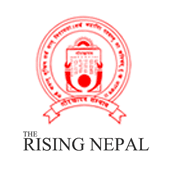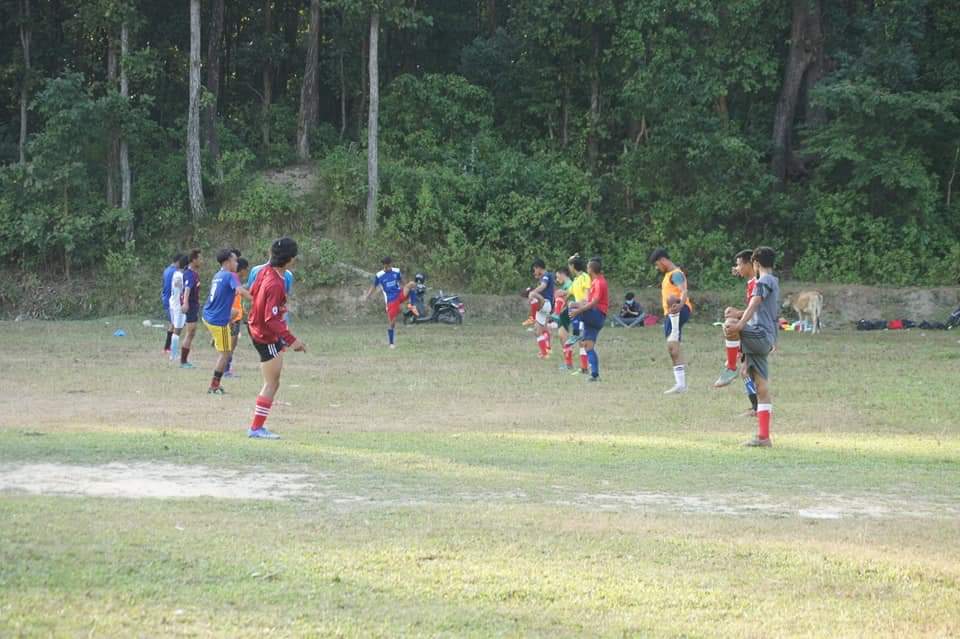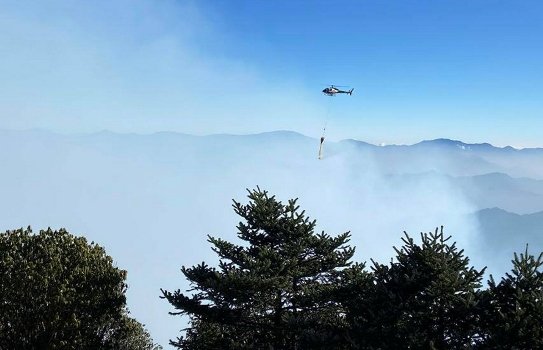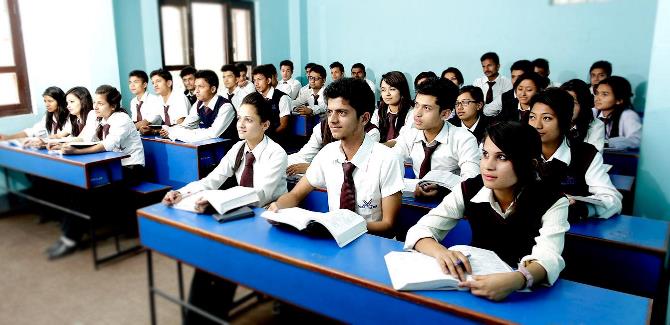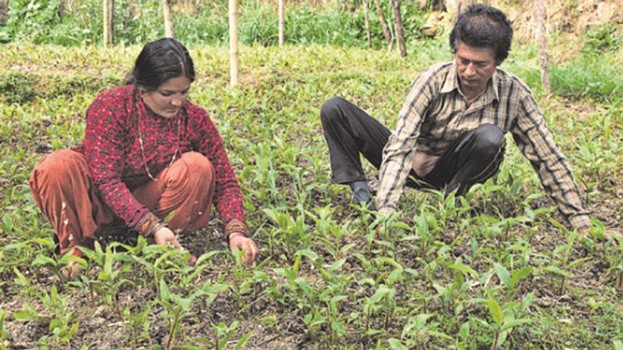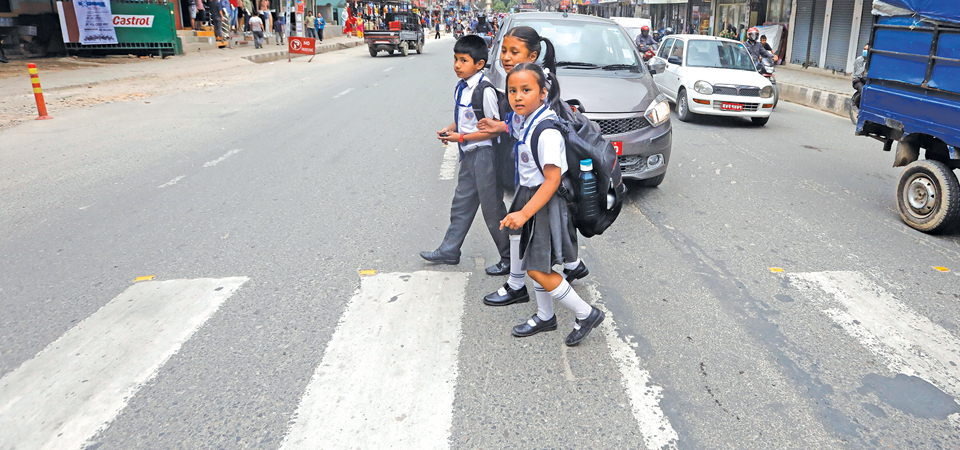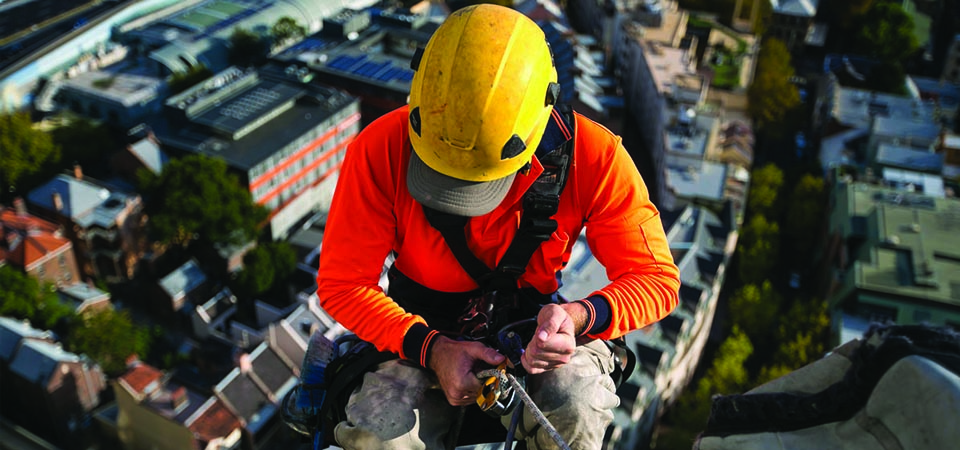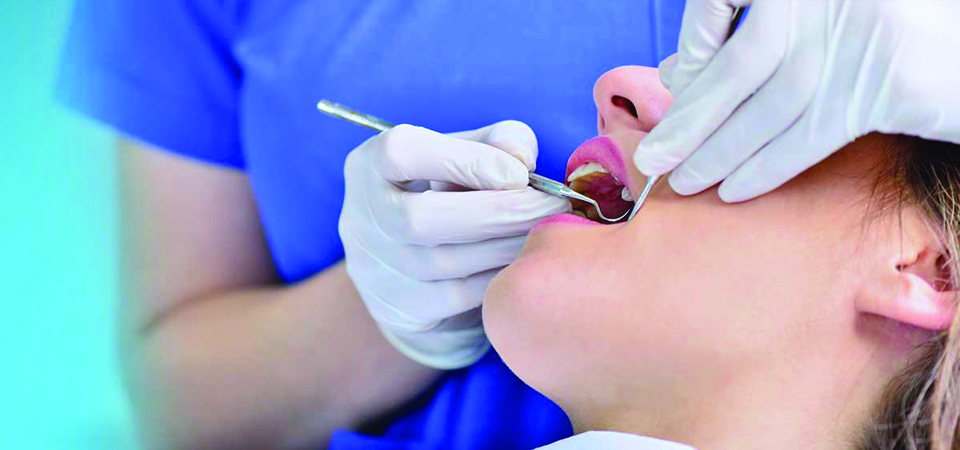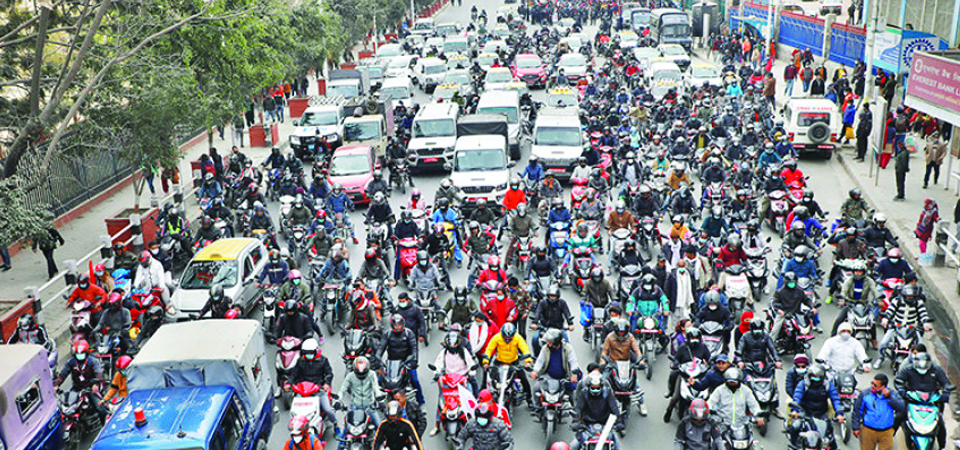Cases of doctors with doctored documents raise concerns
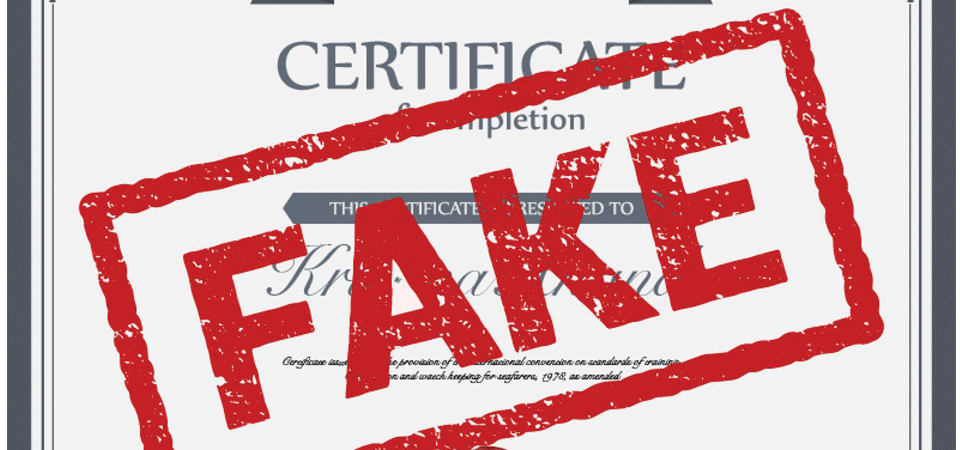
By Nayak Paudel
Kathmandu, Apr. 24: The Central Investigation Bureau (CIB) on April 18 arrested seven doctors with tampered School Leaving Certificates (SLC).
The arrested included Mohammad Siddiqui, 28; Subhash Prasad Shah, 29; Mohammad Shahid Raja, 28; Dipendra Gautam, 31; Akhilesh Kumar Dev, 31; Faraz Hussain Khan, 29, and Pallavi Singh, 27.
They had doctored their SLC mark sheets to be eligible for studying MBBS in Bangladesh. As a prerequisite, a Nepali student’s GPA of the marks obtained in major subjects in SLC and 10+2 levels must average no less than 7.00 and 8.00 to study the degree in a private medical college and the government medical college of Bangladesh respectively.
“In order to qualify for studying MBBS abroad, the individuals had forged their certificate. The marks in the major subjects were increased to meet the required GPA,” said Superintendent of Police (SP) and spokesperson for the CIB Ganga Panta.
In addition to the minimum GPA, the prospective students must pass the medical entrance examination conducted at home to study MBBS abroad.
While Dev went to study in China, Pallavi was studying in Lalitpur-based KIST Medical College. The other five had returned home from studying in Bangladesh. Four of the individuals had even passed NMC’s license examination.
The Clause 26 of NMC Act states that no one shall be allowed to carry out medical profession without registering with the NMC. “If anyone has committed an offense against this, he shall be punished with an imprisonment of up to three years or a fine up to Rs. 3,000 or both,” reads the Act.
According to the CIB, they acted upon a tipoff that some doctors had used fake SLC mark sheets to qualify for pursuing MBBS degree.
“We also arrested Arun Chaudhary, who operated Jyotideep Consultancy in Old Buspark area, for helping the arrested to forge their documents,” said SP Panta.The Clause 20 of the Act has a provision of revoking a doctor’s license if s/he has obtained it through unfair means.
The crackdown on the doctors, however, wasn’t a first one by the CIB. In 2016, it alongside NMC conducted an investigation into the certificates possessed by 809 doctors. Of them, 109 were found fake and 58 doctors were arrested right away.
Nevertheless, the cases didn’t move forward as expected in the court because of the discrepancy between the offence and charge against them.
“The CIB has learnt a lot from that case. There will be no such issue to bring the seven to justice now this time, and they will be charged under the crime of forgery. We are gathering evidence and investigating further,” SP Panta told The Rising Nepal.
Nevertheless, the recent arrests showed that the concerned authority is yet to take effective measures to stop the would-be students from forging their certificates. The authorities, however, argue that they have taken several measures to stop it—but in vain.
“The newest provision to check the authenticity of the certificate was that the photocopy of a certificate, which is to be submitted with an application, should be confirmed as legitimate by the same department which issued the certificate,” said Dr. Krishna Prasad Adhikary, NMC registrar. “Fake stamps of concerned departments were then used to verify the fake application.”
While the NMC used to issue eligibility certificate earlier, the Medical Education Commission (MEC) now holds jurisdiction over the matter. Senior medical experts argue that since the MEC now holds the jurisdiction over a wide range of medical education sector, the commission should find a way to keep such incidents at bay.
“In the recent case, the individuals have fake SLC mark sheets but are qualified doctors since they have a MBBS degree and some have even passed the NMC’s license exam. The authorities can easily prevent such incidents if they had verified the documents properly during the application process,” said Dr. Madan Prasad Upadhyay, founding vice-chancellor at BP Koirala Institute of Health Sciences, Dharan.
Dr. Upadhyay suggested that since medical sector is a sensitive sector and people regard doctors highly, such errors should be eradicated as they defame the whole medical profession.
“While such incidents keep surfacing time and again, it seems authorities are turning their blind eyes to them,” said Dr. Upadhyay.
Meanwhile, the MEC officials informed that they were contemplating new strong measures to verify the certificates.
“There are devious ways used to produce fake documents, which we have learned from the NMC. Such malpractices can be put to rest if the government sets up a digital record system that can verify the documents beyond doubt,” said Dilli Ram Luintel, MEC member-secretary.
Nevertheless, the law enforcement agency has asked the concerned authorities to strictly verify the documents.
“Such forgeries are not only prevalent in medical sector. There should be a robust technology-enabled system that can be availed to verify the certificates,” said Senior Superintendent of Police (SSP) and spokesperson for Nepal Police Basanta Bahadur Kunwar.
Recent News

Do not make expressions casting dout on election: EC
14 Apr, 2022
CM Bhatta says may New Year 2079 BS inspire positive thinking
14 Apr, 2022
Three new cases, 44 recoveries in 24 hours
14 Apr, 2022
689 climbers of 84 teams so far acquire permits for climbing various peaks this spring season
14 Apr, 2022
How the rising cost of living crisis is impacting Nepal
14 Apr, 2022
US military confirms an interstellar meteor collided with Earth
14 Apr, 2022
Valneva Covid vaccine approved for use in UK
14 Apr, 2022
Chair Prachanda highlights need of unity among Maoist, Communist forces
14 Apr, 2022
Ranbir Kapoor and Alia Bhatt: Bollywood toasts star couple on wedding
14 Apr, 2022
President Bhandari confers decorations (Photo Feature)
14 Apr, 2022
